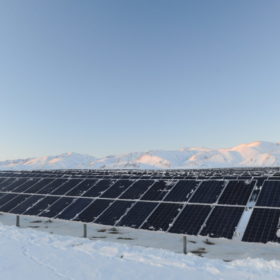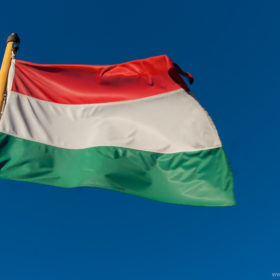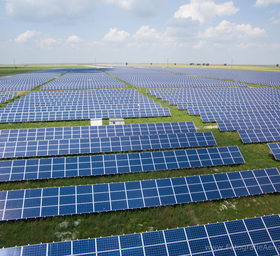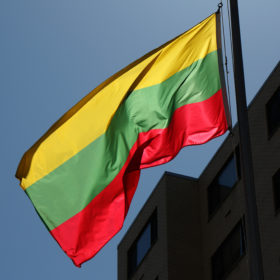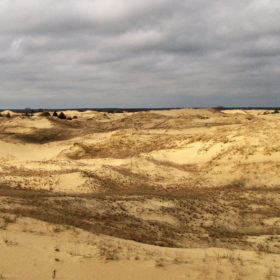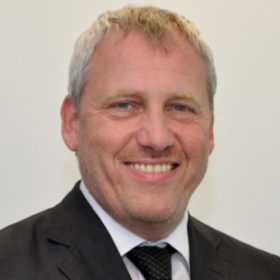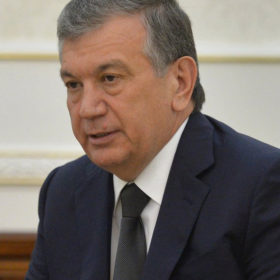IRENA: Russia has potential to double 2030 solar target to 5 GW
The international agency describes Russia’s difficult transition to clean power generation technologies. The study, however, outlines the country’s strong solar potential.
Hungarian PV market sees robust growth
Hungary’s solar market could see its largest growth ever in 2017. Although the country’s FIT scheme was closed in mid-2016, 2 GW of projects approved under the program could still potentially be installed over the next two years.
Romania removes 12-month expiry date for green certificates
The Romanian government has approved a new measure to eliminate the validity period of 12 months for the green certificates. The certificates will now be valid until the end of the support scheme in 2032 and will be taxed upon sale, not upon registration.
Lithuanian government improves net metering scheme for solar
Lithuania’s new green-oriented government hopes to install approximately 200 MW of new residential and commercial PV capacity under an improved net metering scheme over the next three years.
EU freezes minimum import price at China’s request
The Chinese Chamber of Commerce had proposed not to the change the conditions of the minimum price agreement until the end of the interim review. Brussels has now accepted this proposal. In doing so, the European Commission has maintained the minimum import price for Chinese solar modules at €0.46/W.
Ukrainian region of Kherson to host 35 MW solar plant
The Kherson Oblast, Ukraine’s southernmost region, will host a 35 MW PV plant. The region could also see the installation of around 250 MW of PV power this year, according to local authorities.
Hevel producing heterojunction solar cells with Singulus technology
The Russian PV manufacturer aims to produce 160 MW of heterojunction solar cells annually at its fab in Novocheboksarsk. Hevel says it has upgraded its production from thin-film to crystalline modules.
Luc Grare finds his own way in the world of renewables
He has been the head of global marketing for manufacturer REC Solar. Now Grare seeks to develop large-scale PV projects in Kazakhstan through a new company he founded alongside blockchain pioneer Alexander Vasylchenko.
Moldova’s new renewable energy law comes into force, solar expected to see first growth
A new renewable energy law will come into force in the Eastern European country on April 1. Solar and wind are expected to see their first development in the country after several years of almost zero-growth.
Uzbekistan set to launch 500 MW solar plan
The Government of Uzbekistan announced that five 100 MW solar plants will be installed in the country in the period 2017-2021. Total investments for the plan are expected to reach $1.1 billion.
